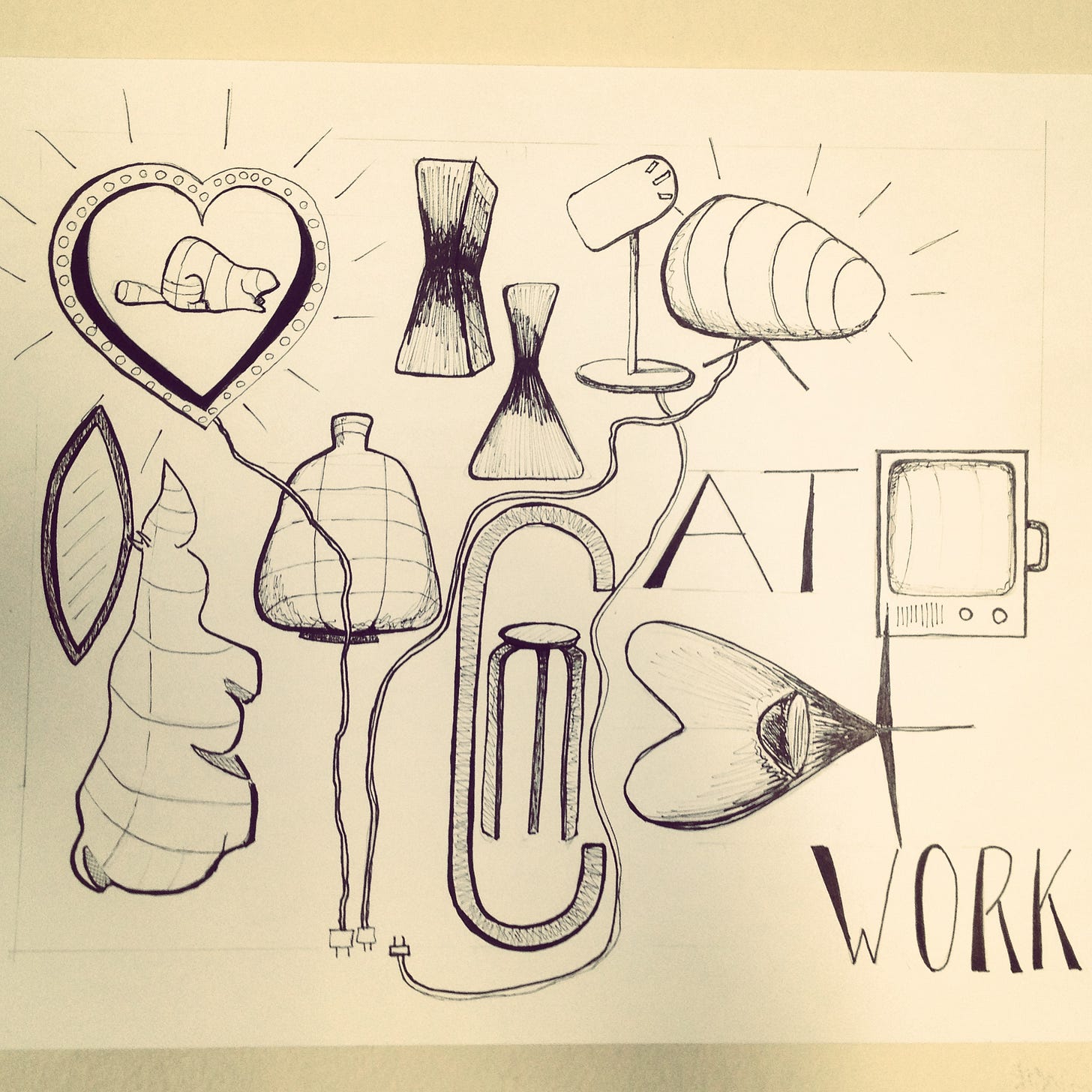Life is practice
Why not to be a "sometimes runner"
One of my favorite Michelle Obama quotes, of many, is when she said that she tells her daughters all the time that “Life is practice. If you want to be known as a dependable person, you have to be dependable.”
There’s a lot in there about running, too. I have never understood it when people say they “…
Keep reading with a 7-day free trial
Subscribe to Stoic Running to keep reading this post and get 7 days of free access to the full post archives.


